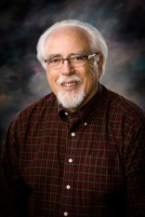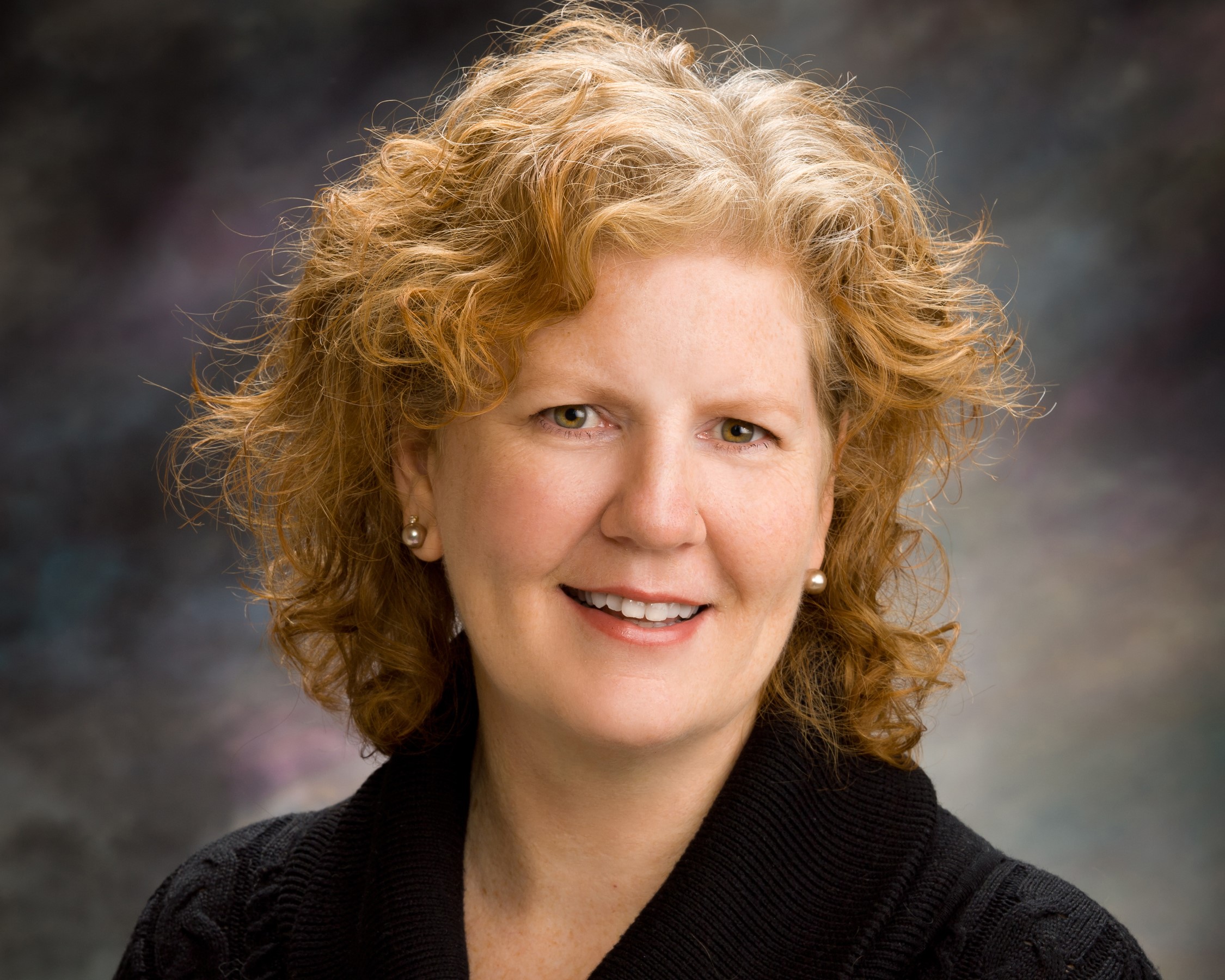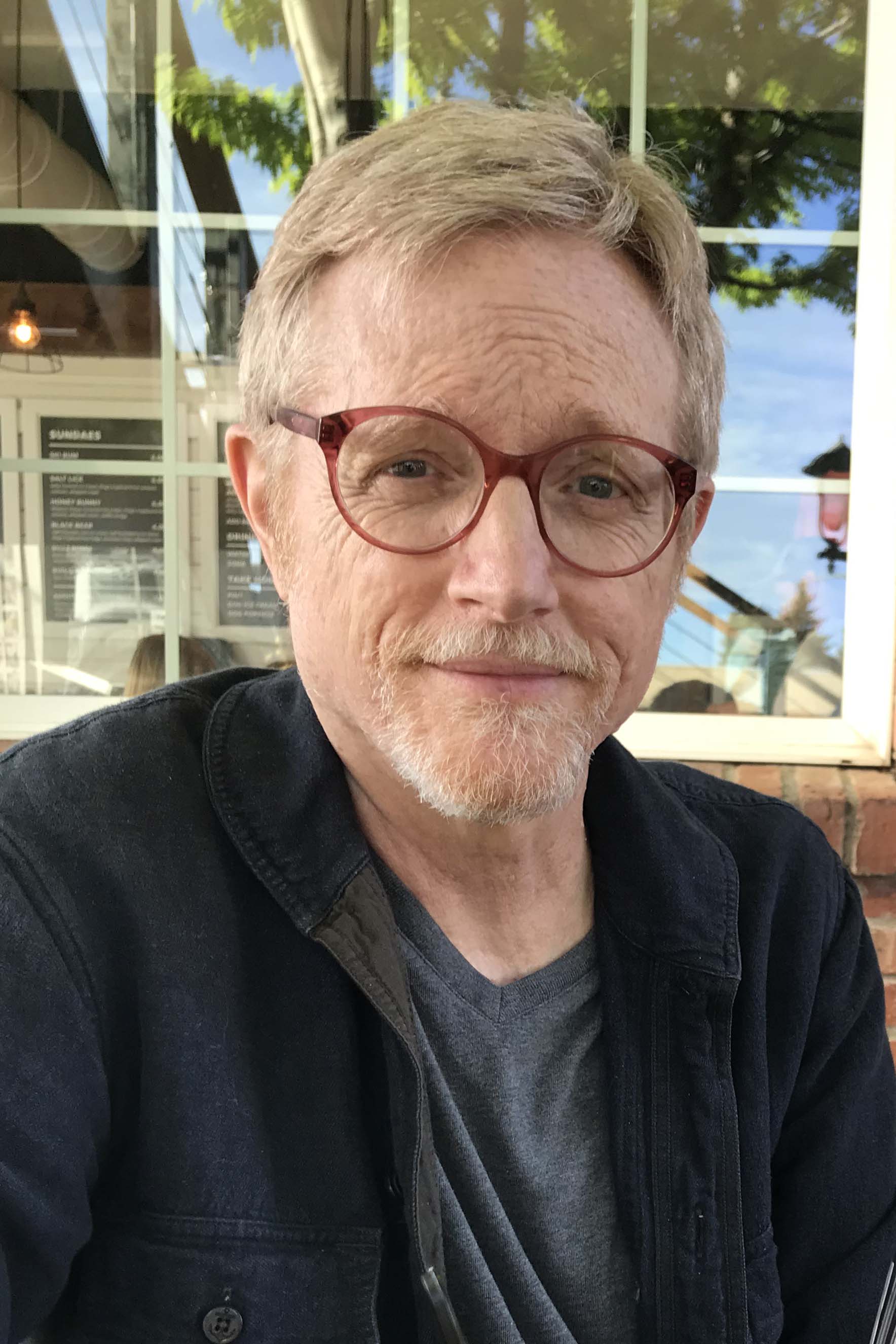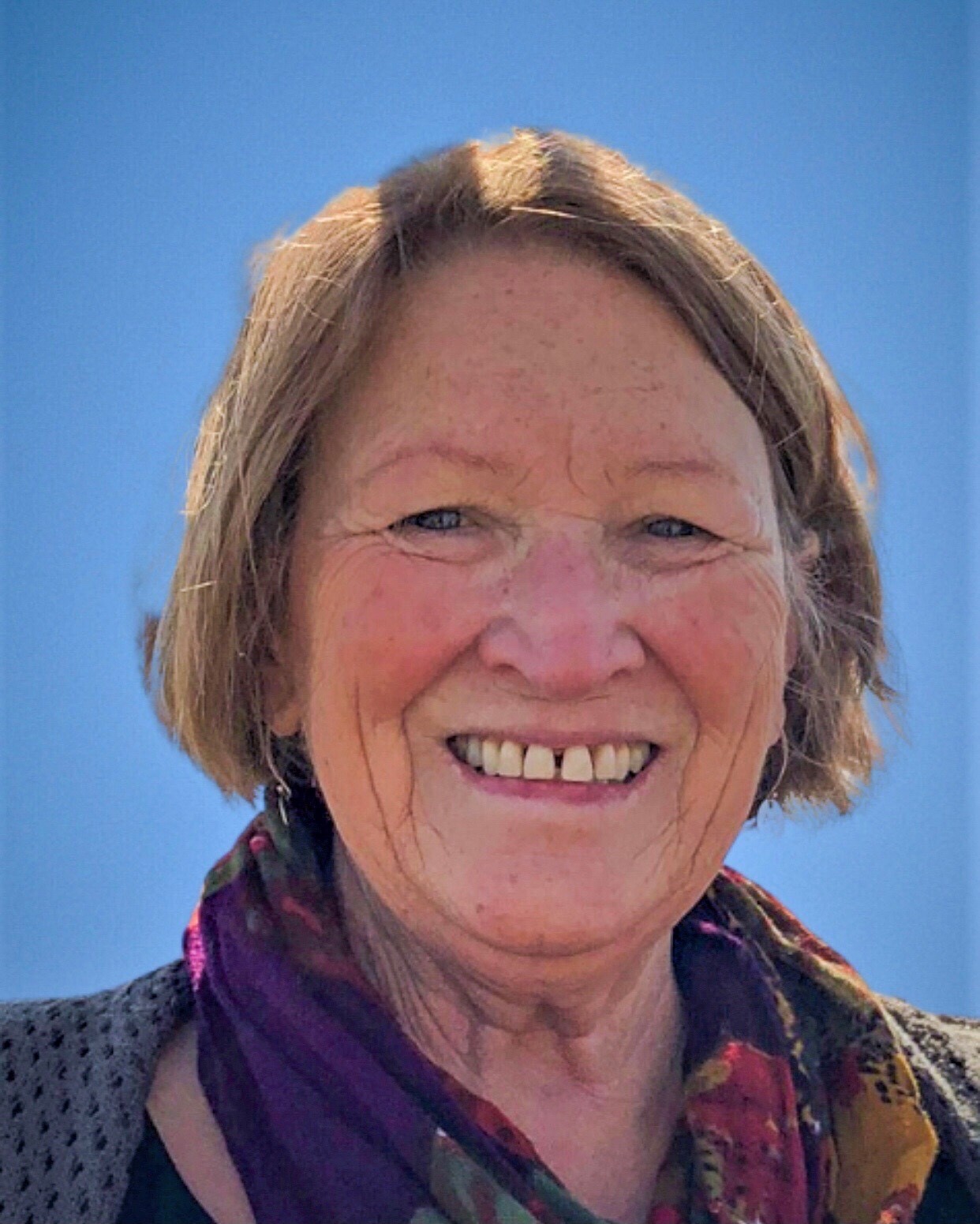
The ASAM Fundamentals of Addiction Medicine - Virtual Live Workshop - May 13, 14, 20 and 21, 2021 - In collaboration with MPCA
- Registration Closed

in collaboration with

This virtual workshop will be held online over the course of four days.
Participants should plan to attend all four days at the designated times:
Thursday, May 13| 1:00 pm - 3:00 pm (Mountain)
Friday, May 14| 1:00 pm - 4:00 pm (Mountain)
Thursday, May 20| 1:00 pm - 3:35 pm (Mountain)
Friday, May 21| 1:00 pm - 4:00 pm (Mountain)
Cost: FREE
The ASAM Fundamentals of Addiction Medicine is an innovative, case-based workshop designed for providers new to the field of addiction medicine in settings such as primary care, emergency care, and behavioral health, who see patients at risk for or with substance use disorders (SUDs). Participants will learn more about addiction medicine and how to screen, diagnose, treat, and/or refer patients with addiction*.
Addiction is a disease that continues to devastate our communities, but there are treatments available to help patients. Participants of this workshop will learn more about addiction medicine and how to screen, diagnose, treat, and/or refer patients with addiction – many of whom are already being seen for commonly occurring medical and psychiatric comorbidities.
This live virtual workshop is designed to be energetic and interactive. Sessions throughout the series will include lecture, demonstration of skills and skill building. Participants should plan to attend all four days of sessions at the designated dates and times above. Sessions will be recorded for participants to view after the series concludes.
Learning Objectives
- Identify one's own feelings and attitudes that promote or prevent therapeutic responses to patients with substance use disorders.
- Demonstrate a knowledge of the diseased brain processes when treating patients with addictive behaviors.
- Use validated patient screening tools to detect substance use and interpret a spectrum of results.
- Use motivational interviewing to enhance patients readiness to change risky behaviors.
- Offer the interventions that are appropriate to specific substances and severity of usage pattern.
- Respond to hazardous drinking with brief counseling strategies, appropriate to the patient's readiness to change.
- For patients suspected of having a SUD, conduct a biopsychosocial assessment to provide a diagnosis and match the patient to an appropriate level of care.
- Prescribe pharmacotherapy appropriately for alcohol, tobacco, and opioid use disorders.
- Offer patients and families information and referral to behavioral interventions including support groups and mutual aid groups that assist in the recovery process.
Registration Cancellation Policy:
Please email education@asam.org for all cancellation requests or issues/concerns if a day is no longer feasible with your schedule. We will do our best to work with participants who are unable to attend for urgent responsibilities to ensure all CME hours can be claimed.
About Montana Primary Care Association (MPCA)
Incorporated in 1987, the Montana Primary Care Association is a non-profit organization dedicated to improving access to high-quality, community based, affordable primary health care in Montana. MPCA is the association of Montana’s community health centers.
The ASAM Fundamentals of Addiction Medicine - A Live Virtual Workshop
Schedule-at-a-Glance
Day 1 : An Introduction to Addictive Disorders and the Clinical Manifestations of the Neurobiology of Addiction
The first part of this session you will (1) be immediately engaged through a powerful, visual medium; (2) identify and reflect upon their individual affective response to the disease of substance use disorder and their patients who show evidence of this disease, and (3) identify and discuss the many factors associated with SUD, e.g., enabling behaviors of others in the life of the person who is using substances, the effect of pejorative language when caring for people who use substances, etc. The second part of the session will introduce the neurobiology of SUD, highlighting that this is a chronic illness and noting that the point of first entry into the healthcare system is through the primary care physician.
Activity | Timing |
ASAM Welcome and Instructions | 20 Min |
Session 1: Overview and An Introduction to Addictive Disorders | 45 Min |
Session 2: The Clinical Manifestations of the Neurobiology of Addiction | 45 Min |
Day 1 Wrap-Up and Housekeeping | 10 Min |
Total Time Day 1 | 2 Hour |
Day 2: For Every ill, There May Be a Pill: Treating Substance Use Disorders with Medication and Counseling and Identifying Unhealthy Substance Use: Assessment
The first part of this session will engage participants in dialogue about medications and behavioral treatments including mutual aid groups that may be used to treat three types of SUDs: alcohol, tobacco, opioids. The second part of this session will provide an overview of the assessment and treatment plan for patients with severe addictive disorders. Ben’s case will be continued with a biopsychosocial assessment and corresponding recommended treatment plan. The ASAM Patient Placement Criteria will be introduced, and participants will practice using these criteria.
Activity | Timing |
ASAM Welcome and Instructions | 20 Min |
Session 3: For Every ill, There May Be a Pill: Treating Substance Use Disorders With Medication and Counseling | 1 Hour, 30 Min |
Session 4: Identifying Unhealthy Substance Use: Assessment | 1 Hour |
Day 2 Wrap-Up and Housekeeping | 10 Min |
Total Time Day 2 | 3 Hour |
Day 3: Should I Open Pandora’s Box? Screening, Brief Intervention, and Referral to Treatment (SBIRT) and Harm Reduction and Non-medication Treatment of SUDs
The purpose of the first part of this session is to provide further training and skills practice in screening and brief intervention with consequent indicated referral to treatment for persons with alcohol use or substance use disorder. The second part of this session will review harm reduction and non-medication treatment of SUDs.
Activity | Timing |
ASAM Welcome and Instructions | 20 Min |
Session 5: Should I Open Pandora’s Box? Screening, Brief Intervention, and Referral to Treatment (SBIRT) | 1 Hour, 30 Min |
Session 6: Harm Reduction and Non-medication Treatment of SUDs | 30 Min |
Day 3 Wrap-Up and Housekeeping | 10 Min |
Total Time Day 3 | 2 Hour, 30 Min |
Day 4: When Your Patient says Yes, But! A “Taste” of Motivational Interviewing
The purpose of this session is to introduce the approach to motivational interviewing and provide an opportunity for participants to practice using the MI approach in interacting with patients.
Activity | Timing |
ASAM Welcome and Instructions | 20 Min |
Session 7: When Your Patient says Yes, But!: A “Taste” of Motivational Interviewing | 2 Hour, 25 Min |
Day 4 Wrap-Up | 15 Min |
Total Time Day 4 |

Daniel A. Nauts
MD, FASAM
Daniel A. Nauts, MD, FASAM completed his undergraduate and medical education at the University of Michigan and joined an internal medicine group practice in Bellingham, Washington. He left general internal medicine to develop his Addiction Medicine practice; since that time, he has been instrumental in the creation of 3 inpatient programs for those suffering with substance use and co-occurring disorders, outpatient SUD programs, and medication assisted treatment services.
Dr. Nauts is an independent contractor for the Montana Primary Care Association providing MAT waiver trainings and technical assistance, community forums on opioid use disorders, academic detailing activities for MAT providers, and helping in strategies to taper patients off high dose morphine equivalents. Not only is he committed to integrating addiction medicine into primary care but also in promoting the development of more addiction medicine specialists in Montana.
He is active in the American Society of Addiction Medicine (ASAM), delivers a myriad of presentations for any professional or public audience, has participated in addressing physician and nurse health issues through Professional Assistance Programs, and has provided Addiction Medicine experiences for residents of the Western Montana Family Practice Program and PA students from the University of Washington Medex Program.
He is a member of the Drug Utilization Board of Mountain Pacific Quality Health providing oversight to the Medicaid formulary, is recognized as a Fellow of the American Society of Addiction Medicine (FASAM), and is certified in the subspecialty of Addiction Medicine by the American Board of Preventive Medicine. He is the treasurer for the Northwest Society of Addiction Medicine, a Chapter of American Society of Addiction Medicine (ASAM) representing Montana, North Dakota, and Wyoming and is a faculty member of ASAM to provide Data 2000 MAT waiver trainings and The Fundamentals of Addiction Medicine.
Dr. Nauts is the 2019 recipient of the Award of Merit presented by the Montana Medical Association honoring the work he has done to improve healthcare in Montana.
No relevant financial disclosures.

Tammera Nauts
LCSW, LAC
Tammera Nauts, LCSW, LAC is the Director of Integrated Behavioral Health with the Montana Primary Care Association. Tammera has broad experience in the substance use disorder and mental health fields, ranging from direct service to the administration of programs and services for all levels of care. She has served diverse populations that include youth and their families, probationers, parolees, women with special needs, employee groups, and clients with co-occurring disorders.
She received a B.A. in Education from Western Washington University and her master’s degree in Social Work from the University of Washington in 1993. She holds a license in Clinical Social Work and Substance Use Disorders.

Robert Sherrick
MD, FASAM
Dr. Robert Sherrick, MD, FASAM, is Chief Medical Officer for Community Medical Services, a company that serves patients through its 30 Opioid Treatment Programs in 8 different states. Dr. Sherrick completed medical training and residency in Internal Medicine at George Washington University. After 5 years on the faculty at George Washington,he moved to Montana to join a private practice in Internal Medicine. Since 1994, Dr. Sherrick has worked at an inpatient addiction treatment facility, Pathways, where he has treated all forms of Substance Use Disorders and has served as the CD Medical Director. Dr. Sherrick has been providing Medication Assisted Treatment for Opioid Use Disorder since 2003, initially in an office setting using buprenorphine and naltrexone. In 2009, Dr. Sherrick closed his private practice and moved to VA Montana. Over the next 7 years at VA Montana he developed a state-wide MAT program that was one of the first uses of telemedicine for providing MAT to rural areas. Dr. Sherrick has been working for Community Medical Services since 2010, providing MAT services with methadone, buprenorphine, and naloxone as well as serving as Northern Medical Director. He has been Chief Medical Officer for the last year. He is currently the President of the Northwest Chapter of ASAM. He is Board Certified in Addiction Medicine through the American Board of Preventative Medicine.
No relevant financial disclosures.

Gina Pate-Terry
LCSW, LAC
Gina Pate-Terry, LCSW, LAC is the Integrated Behavioral Health Lead with the Montana Primary Care Association. She has over 20 years of experience working in the fields of mental health and addiction. Gina’s work experience includes, Clinical Supervisor of Butte Silver Bow County’s Chemical Dependency Services, Consulting Member of Butte Family Drug Court, Adjunct Professor at University of Montana at Montana Tech, Administrator of Montana Chemical Dependency Center, Independent Private Practice and Grant Consultant and Behavioral Health Therapist at Southwest Montana Community Health Center. She is a graduate of Montana Tech’s Liberal Studies program and received their Montana Tech Outstanding Alumni Award in 2008. She has a master’s degree in social work from Walla Walla College, and is a Licensed Clinical Social Worker and a Licensed Addiction Counselor.
No relevant financial disclosures.
Credits and Disclosures

ACCME Accreditation Statement
The American Society of Addiction Medicine is accredited by the Accreditation Council for Continuing Medical Education (ACCME) to provide continuing medical education for physicians.
AMA Credit Designation Statement
The American Society of Addiction Medicine designates this live activity for a maximum of 8 AMA PRA Category 1 CreditTM. Physicians should claim only the credit commensurate with the extent of their participation in the activity.
American Academy of Family Physicians
The AAFP has reviewed The ASAM Fundamentals of Addiction Medicine Virtual Live Workshop, and deemed it acceptable for 8.00 In-Person, Live (could include online) AAFP Prescribed Credit(s). Term of approval is from 04/20/2021 to 04/21/2022. Physicians should claim only the credit commensurate with the extent of their participation in the activity.
AMA/AAFP Equivalency
AAFP Prescribed credit is accepted by the American Medical Association as equivalent to AMA PRA Category 1 credit(s)™ toward the AMA Physician’s Recognition Award. When applying for the AMA PRA, Prescribed credit earned must be reported as Prescribed, not as Category 1.
American Academy of Physician Assistants (AAPA)
This activity has been reviewed by the AAPA Review Panel and is compliant with AAPA CME Criteria. This activity is designated for 8 AAPA Category 1 CME credits. Approval is valid from 2/8/2021 to 2/8/2022. PAs should only claim credit commensurate with the extent of their participation. AAPA reference number: CME-201810.
National Board for Certified Counselors ACEP
The American Society of Addiction Medicine has been approved by NBCC as an Approved Continuing Education Provider, ACEP No. 7062. Programs that do not qualify for NBCC credit are clearly identified. The American Society of Addiction Medicine is solely responsible for all aspects of the programs.
NAADAC, the Association for Addiction Professionals
This activity has been approved by the American Society of Addiction Medicine, as a NAADAC Approved Education Provider, for educational credits. NAADAC Provider #295, ASAM is responsible for all aspects of the programming.
California Association for Drug/Alcohol Educators (CAADE)
This educational program is approved by CAADE: #CP40 999 1222
California Association of DUI Treatment Centers (CADTP)
This educational program is approved by CADTP: #205
California Consortium of Addiction Programs and Professionals (CCAPP)
This educational program is approved by CCAPP: #OS-20-330-1222
Continuing Education Credits (CEUs)
Non-physician participants will receive a certificate of attendance upon completion of the activity and an online evaluation confirming their participation. Participants should submit his/her certificate of attendance to their professional organization/institute.
Maintenance of Certification
American Board of Medical Specialties MOC Approval Statement
Through the American Board of Medical Specialties (“ABMS”) ongoing commitment to increase access to practice relevant Continuing Certification Activities through the ABMS Continuing Certification Directory, The ASAM Fundamentals of Addiction Medicine – A Live Virtual Workshop has met the requirements as a MOC Part II CME Activity (apply toward general CME requirement) for the following ABMS Member Boards: Allergy and Immunology, Anesthesiology, Colon and Rectal Surgery, Family Medicine, Medical Genetics and Genomics, Nuclear Medicine, Physical Medicine and Rehabilitation, Plastic Surgery, Preventive Medicine, Psychiatry and Neurology, Radiology, Thoracic Surgery, Urology
American Board of Preventive Medicine (ABPM)
The American Board of Preventive Medicine (ABPM) has approved this activity for a maximum of 8 LLSA credits towards ABPM MOC Part II requirements.
American Board of Anesthesiology (ABA)
This activity contributes to the CME component of the American Board of Anesthesiology’s redesigned Maintenance of Certification in Anesthesiology TM (MOCA®) program, known as MOCA 2.0®.
American Board of Pediatrics (ABP)
Successful completion of this CME activity, which includes participation in the activity, with individual assessments of the participant and feedback to the participant, enables the participant to earn a maximum of 8 MOC points in the American Board of Pediatrics’ (ABP) Maintenance of Certification (MOC) program. It is the CME activity provider’s responsibility to submit participant completion information to ACCME for the purpose of granting ABP MOC credit.
American Board of Internal Medicine (ABIM)
Successful completion of this CME activity, which includes participation in the evaluation component, enables the participant to earn up to 8 Medical Knowledge MOC points in the American Board of Internal Medicine’s (ABIM) Maintenance of Certification (MOC) program. Participants will earn MOC points equivalent to the amount of CME credits claimed for the activity. It is the CME activity provider’s responsibility to submit participant completion information to ACCME for the purpose of granting ABIM MOC credits.
American Board of Surgery (ABS)
Successful completion of this CME activity, which includes participation in the evaluation component, enables the learner to earn credit toward the CME and/or Self-Assessment requirements of the American Board of Surgery’s Continuous Certification program. It is the CME activity provider's responsibility to submit learner completion information to ACCME for the purpose of granting ABS credit
American Board of Psychiatry and Neurology (ABPN)
Successful completion of this CME activity can be used to satisfy the American Board of Psychiatry and Neurology’s (ABPN) CME requirement for Maintenance of Certification program.
American Board of Addiction Medicine (ABAM)
Successful completion of this activity can be used to satisfy the American Board of Addiction Medicine (ABAM) for Tmoc as credits towards ABAM LLSA Part II requirements.
CME Reviewer and Disclosure Information
ASAM CME Committee Reviewer
Herbert Malinoff, MD, FACP, DFASAM – No Relevant Financial Disclosures
Program Planning Committee, CME Committee, Medical Education Council (MEC), and Faculty Disclosure Information
In accordance with disclosure policies of ASAM and the ACCME, the effort is made to ensure balance, independence, objectivity, and scientific rigor in all CME activities. These policies include resolving all possible conflicts of interest for the Planning Committees, CME Committee, MEC, and Faculty. All activity Planning Committee members and Faculty have disclosed relevant financial relationship information. The ASAM CME Committee has reviewed these disclosures and determined that the relationships are not inappropriate in the context of their respective presentations and are not inconsistent with the educational goals and integrity of the activity.
Faculty and Planning Committee
Faculty Disclosure Information
Daniel A. Nauts, MD, FASAM – No Relevant Financial Disclosures
Integrated Behavioral Health—IBH, Missoula, MT
Tammera Nauts, LCSW, LAC – No Relevant Financial Disclosures
MT Primary Care Association, Missoula, MT
Robert Sherrick MD, FASAM – No Relevant Financial Disclosures
Community Medical Services, Kalispell
Gina Pate-Terry, LCSW, LAC – No Relevant Financial Disclosures
Butte, MT
Planning Committee Disclosure Information
Miriam S. Komaromy, MD, FACP, FASAM (Chair) – No Relevant Financial Disclosures
Peter L. Selby MBBS, CCFP, FCFP, MHSc, DFASAM, (Immediate Past Chair) – Does Disclose
- Johnson and Johnson, Consultant/Advisory Board, Other Research Support includes receipt of drugs, supplies, equipment or other in-kind support
- Pfizer, Consultant/Advisory Board, Other Research Support includes receipt of drugs, supplies, equipment
Zwaantje H. Hamming, FNP-C, CARN-AP – No Relevant Financial Disclosures
Marcia Jackson, PhD – No Relevant Financial Disclosures
Jill Mattingly, DHSc, MMSc, PA-C – No Relevant Financial Disclosures
Lipi Rpy, MD, MPH DABAM – Does Disclose
- Poynter Institute, Teaching/Training, Honorarium
- Florida Hospital, Teaching/Training, Honorarium
- Rescue Agency, Consulting, Fee
Kenneth A. Saffier, MD, FASAM – No Relevant Financial Disclosures
Mario F. San Bartolomé, MD, MBA, MRO, QME, FASAM – No Relevant Financial Disclosures
J. Paul Seale, MD, FASAM – No Relevant Financial Disclosures
Alexander Walley, MD, MSc, FASAM – No Relevant Financial Disclosures
All relevant financial relationships have been mitigated

